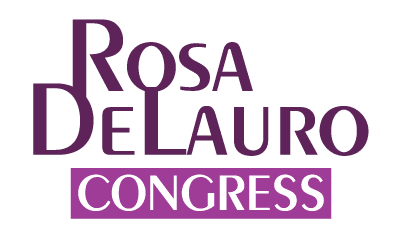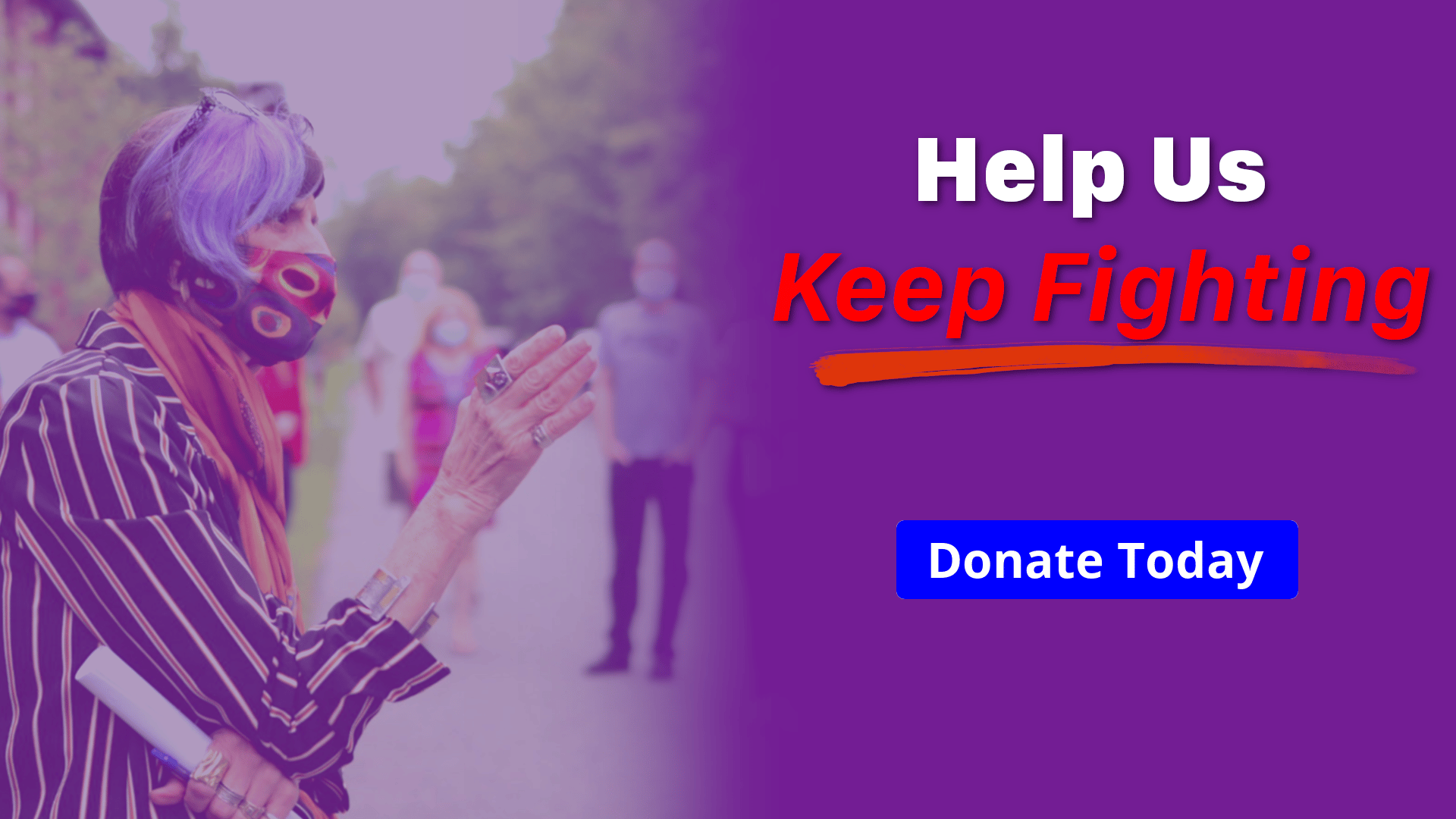Is sugar the new tobacco?
New Haven Register
By Congresswoman Rosa DeLauro
Fifty years ago this year, the Surgeon General released its first-ever report on smoking. It found that fatality rates for lung cancer, then the most frequent type of cancer for men, were nearly 1,000 percent higher for smokers than for non-smokers. It also found that the risk of developing lung cancer increases with the number of cigarettes smoked, and is reduced by discontinuing smoking.
The tobacco industry had already come up with similar data. “Studies of clinical data,” read an internal memo at RJ Reynolds in 1953, “tend to confirm the relationship between heavy and prolonged tobacco smoking and incidence of cancer of the lung.” And yet, for decades afterward, tobacco companies refused to admit in public that their product was carcinogenic, or even that nicotine was addictive. They willfully mischaracterized the science, even as 1,200 Americans died a day, on average, from smoking.
Despite the recalcitrance — and often open opposition — of tobacco companies, we gradually moved toward labeling and taxation as tools to inform consumers, reduce usage, and offset the massive health costs of smoking. By 1969, five years after the Surgeon General’s report, every state was taxing cigarettes. Some cities, like Chicago and New York City, implemented additional taxes on this known threat to public health.
The reason public health officials, and soon the public at large, supported these tax increases was simple: Higher cigarette taxes save lives. In large measure because of federal and state cigarette tax increases, cigarette sales declined by 8.3 percent in 2009, one of the largest declines in years. California, using proceeds from their state cigarette tax, invested in prevention programs that helped cut adult smoking in half between 1988 and 2012, from 24 percent to 12 percent. Their $2.4 billion investment in prevention led to a healthcare savings of $134 billion — a 5,500 percent return.
In short, cigarette taxes have worked. As the Surgeon General said this year, while smoking “ranks among the greatest public health catastrophes of the century … the decline of smoking consequent to tobacco control is surely one of public health’s greatest successes.”
Now, we have to be honest about the building public health crisis with obesity and diabetes.
In 2012, 60 percent of Connecticut adults were overweight or obese. Between 2000 and 2010, the number of states where 30 percent of the population was obese increased from zero to 12. And even as adult obesity has doubled in recent years, we have seen child obesity triple. One in every three children or adolescents in our nation is now overweight or obese. One in four suffers from diabetes or pre-diabetes.
And like with lung cancer, we know the cause. Sugar — specifically sugar-sweetened beverages. Added sugar displaces calories from other more nutritious foods, which drastically increases harmful liver fat, and causes cellular aging, contributing to myriad damaging health conditions. The American Heart Association recommends that women consume no more than six teaspoons of sugar a day, and men no more than nine teaspoons a day. Unfortunately, that is less than what is in one 20-ounce soda today.
In fact, the average American is consuming 23 teaspoons of sugar per day, 2½ to four times more than the recommended amount. As a 2012 CDC study noted, “research has demonstrated that sodas are the single leading food source of added sugar intakes among children, adolescents, and adults.” They are responsible for almost one half of the added sugars that Americans consume.
Countless public health experts agree that these sugar-sweetened beverages are a leading contributor to these epidemics. Among them are the American Heart Association, the American Public Health Association, the Center for Science in the Public Interest, the National Consumers League, Partnership for Prevention, the Prevention Institute, the Public Health Institute, Shape Up America!, the National Center for Health Research, and The Prevent Cancer Foundation.
I know a new tax is never popular. But, just as we did with cigarettes 50 years ago, we have to regulate and raise the cost of sugary options and lower the cost of healthy ones. As such, I have recently introduced the SWEET Act in Congress. It imposes a penny-per-teaspoon tax on sugar-sweetened beverage products — bottled beverages, syrups, and powders — to help pay for prevention and treatment for the many health problems they cause.
Getting this passed will be an uphill fight in Congress, but the fight is already paying dividends: This week, the three largest soft-drink companies in America announced they would work to reduce the beverage calories Americans consume by 20 percent over the next decade, by promoting smaller portion sizes, bottled water and low-calorie drinks. The only reason they are doing this is because, as with tobacco companies 50 years ago, the science is clear and the writing is on the wall.
Over the years, despite their initial unpopularity, we have come to accept higher taxes on tobacco products as way to reduce sales, improve health, and save lives. It is time to do the same for the sugar-sweetened beverages making our kids sick. My goal is to get the country to focus on the health care crisis in obesity and diabetes. We do not have to wait decades to act, and save lives.

